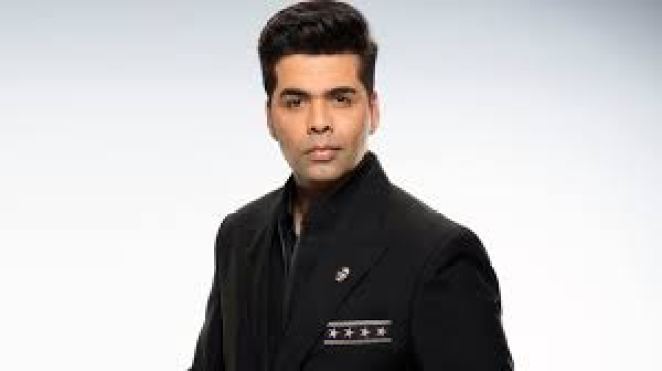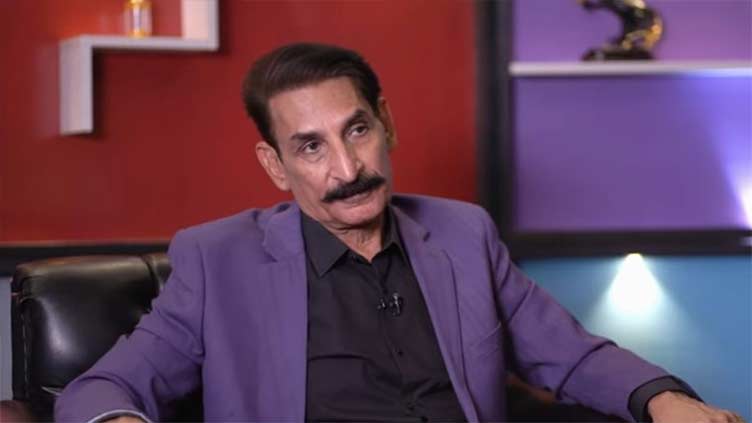Filmmaker Karan Johar is bursting with pride as he is representing Indian cinema at the prestigious Berlin International Film Festival. He feels that to achieve a global impact and for Indian cinema to progress, fellow filmmakers need to go beyond themselves and focus on the industry.
The Ministry of Information and Broadcasting in partnership with Confederation of Indian Industry (CII) is participating at the European Film Market from February 16-18 in Berlin. The Indian delegation, which also consists of filmmakers like Jahnu Barua and Shaji Karun, is being led by Karan.
“I am having a great time. This is a fantastic coming together of people and exploring possibilities of what we can do with Europe. This is like the beginning of a new era in cinema. I am glad that the Ministry of Information and Broadcasting is supporting the cause with CII to make sure that we have this kind of global interaction,” Karan told IANS over phone from Berlin.
While he is excited about his presence there, some of the netizens are not. They thought that “Padmaavat” director Sanjay Leela Bhansali would have been a better fit.
Asked about the haters on social media, the “Kuch Kuch Hota Hai” director said: “I would be happy if Sanjay Leela Bhansali was here as well or anybody else. I have always quietly done my own thing whether it is speaking at colleges or attending World Economic Forum Annual Meeting in Davos or film festivals in places like Toronto.”
“I will do my own thing, no matter what people say. There will always be haters on social media but I am one of those few filmmakers who has spoken about Indian cinema on a global platform. I never talk about myself there. I talk about what I represent.”
In fact, Karan says he would be happy if Indian filmmakers like Rajkumar Hirani or Bhansali travelled to different places and spoke about Indian cinema.
But at a time of digital boom, how important is it to have an Indian presence at international film festivals?
“It is very critical. Many filmmakers travel but we need more of mainstream voices. There is no way that we can achieve that global impact, if we just think about ourselves.
“You have to look at the industry as a holistic force, and not as an individual’s work. We tend to do only that.
We have to get over ourselves and go beyond ourselves if we need our cinema to progress the way it has to,” he said.
Karan shared that he moderated a panel at the ongoing Berlin International Film Festival.
“We discussed that we are open for business and we also spoke about how Indian cinema has come of age… the new age content. Indian filmmakers are pushing the envelope. There are misconceptions around Indian cinema that has time and again been proven wrong in the last decade and beyond… that we are not just a song and dance filmmaking nation.
“Someone asked me ‘Are you still running around trees’? I am like these misconceptions are almost annoying now because many films have broken new ground and are continuing to leave an impact in Europe,” said the owner of the popular banner Dharma Productions.
Sharing examples, he said: “Films like ‘The Lunchbox’ did phenomenally well in Europe, what’s happening in China with Aamir Khan’s film ‘Dangal’, and a Telugu film like ‘Baahubali’ which went about breaking new grounds. There are several films that are being spoken about.
“We have an official selection (at Berlin) of a film called ‘Garbage’ by Q. It’s really exciting. I think many more films should go to festivals in Berlin, Cannes and Toronto. We have to constantly up the game in terms of global participation.”
But the audience often sees a gap between Hindi cinema and film festivals.
“I think that the gap is reducing. There’s always alternate and mainstream. These divides are just made as ‘terminology divide’. For example, ‘Newton’ is a wonderful human story. If you see ‘Dangal’, which is a huge commercial success, is a lovely human saga.
“These are parameters that we make that ‘this is an art house or this is commercial’. No, these are films with stories. If they are beautiful, they will connect with the audience irrespective of whether it is at a festival or cinema hall.”
(Natalia Ningthoujam can be contacted at natalia.n@ians.in)
Get over yourself for Indian cinema’s progress: KJo to filmmakers





